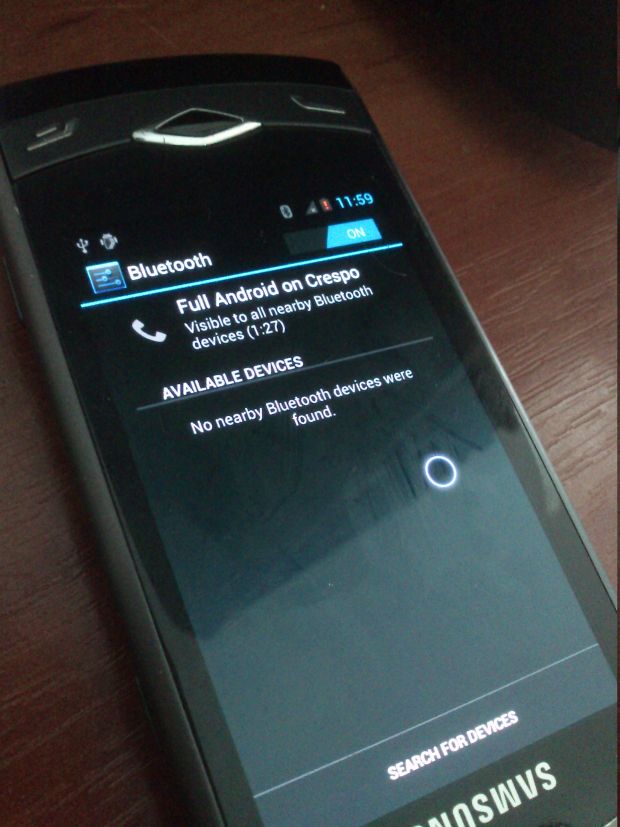One of the highlights of the most recent versions of Flash Player and AIR has been the presence of a new Mouse Lock API that makes it much easier—and much more feasible—to have immersive first / third person games built on Flash.
Now the same functionality is present in Firefox and Chrome as well, via new Pointer Lock API. This feature has been in the nightly channels for a long time, and was present, with restrictions, in Chrome since Chrome 16.
Another gaming-related API in development is the GamePad API that gives web developers access to gampads and other gaming-related input devices. This will allow developers to use gamepads for playing online games, or even for controlling other kinds of applications.
The future looks bright for gaming on the web, and while it might take longer to get here, it will be worth the wait, since one of the best qualities of the web has always been to enable content and applications delivered in a cros-platform way. Web gaming instantly means gaming on Windows, Linux and Mac OSX, or in fact any platform that can run a standards compliant browser.
This isn’t all that comes with Firefox 14 though, it also includes auto-completion for the address bar, a feature that can save users even more time while looking to browse websites they commonly visit.
The site identity manager has also seen some changes and not removes the favicon in favour of a simple mechanism for telling if the website is secure or not. For unprotected, unencrypted websites, it shows a simple globe icon; for websites that are SSL encrypted it shows a lock icon; and for sites that have an Extended Validation Certificate, it shows the name of the company, and the lock in green colour.
For users concerned about their privacy while searching using the Firefox location bar or search bar, those searches are now conducted via the HTTPS Google search servers.
Finally, an important addition is the ability to bock plug-ins from loading until they are clicked. This feature is making its way onto every browser, even if not enabled by default. Currently in Firefox it needs to be enabled by visiting about:config in the browser, and setting plugins.click_to_play to “true”. Now plug-ins will not be loaded by default, but will need explicit activation. Firefox also supports enabling / disabling this on a per-site basis. You can, for example, enable it for YouTube, SoundCloud etc. but have it disabled for all other sites.
You can find out more about Firefox and download it from the release page



